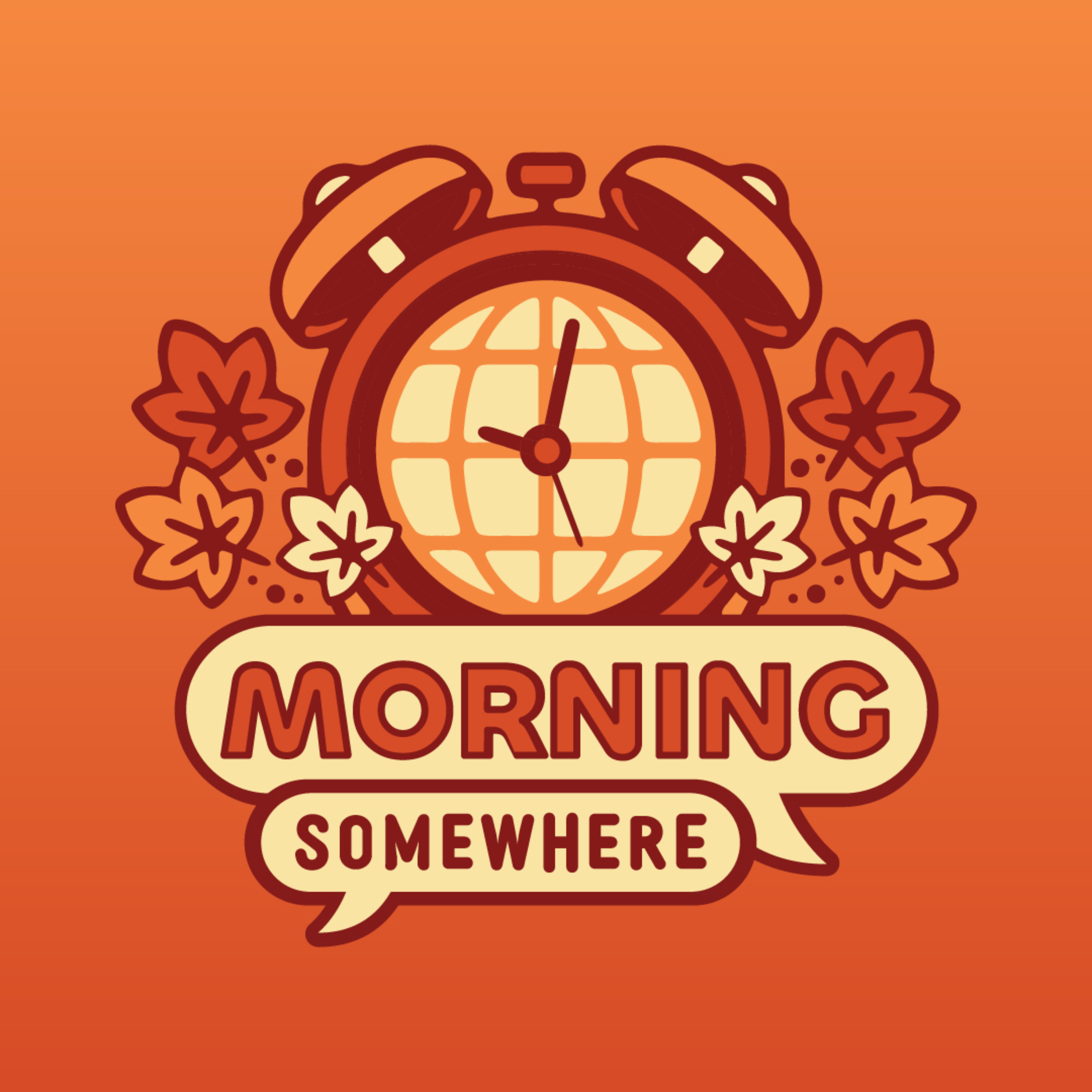2025.09.16: The Plight of the Click Farmers
Burnie and Ashley discuss The Diplomat, debt-is-good financial strategies, lots of thoughts of dead media & social media addiction, The Diplomat, and the 90th death of Austin, TX.
Press play and read along
Transcript
Transcript is processing—check back soon.
Morning Somewhere — 2025.09.16: The Plight of the Click Farmers


